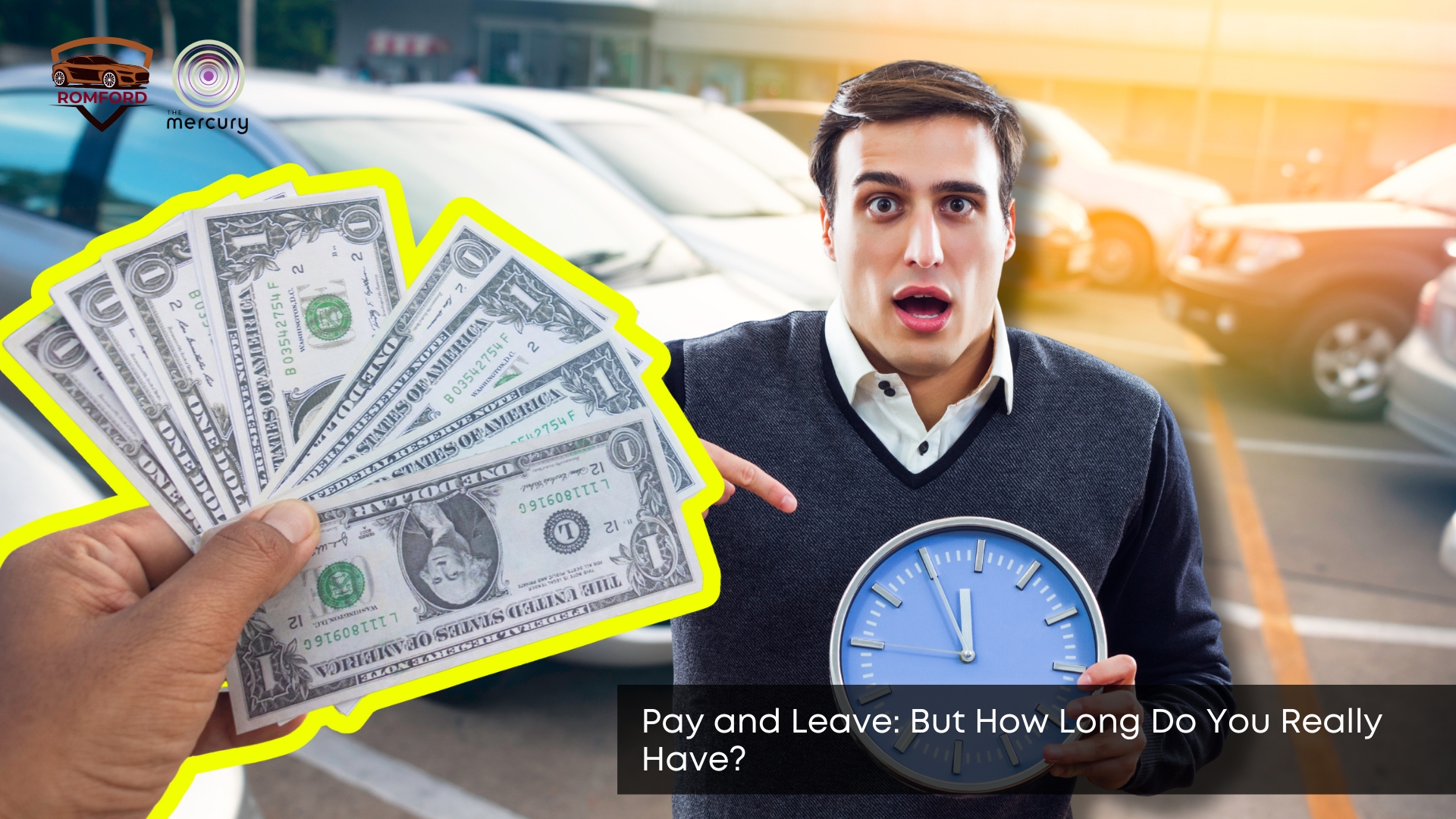Many drivers assume that once they’ve paid for parking, they’re safe from fines, but that’s not always the case. Whether you’re parking in a council-run spot, a retail car park, or a private facility, the rules around timing can vary a lot. Knowing exactly how long you have before you must leave helps you avoid unexpected penalties. In this guide, we’ll explain the key details in simple terms so you can park with confidence and peace of mind.
Is There a Grace Period After You Pay for Parking?
Yes, most car parks offer a short grace period after your paid time expires, usually around 10 minutes. This extra time is designed to allow for small delays, such as walking back to your car or queuing at the exit. However, the length and availability of this grace period can vary depending on whether the car park is public or privately managed. You shouldn’t rely on it unless you’ve confirmed it’s in place. Still, it’s useful to understand when enforcement typically kicks in.
What Happens If You Leave Just a Few Minutes Late?
If you leave a few minutes late, you might still be fined, especially in private car parks. Some use automatic number plate recognition (ANPR) cameras to log the exact time you entered and exited. These systems often fail to account for the time it takes to find a space or walk back to your car. Even a minor delay can trigger a penalty, particularly if there is no grace period. That’s why it helps to know how each type of car park sets its rules.
Are the Rules Different for Private and Council Car Parks?
Yes, the rules differ depending on whether the car park is privately owned or council-run. Council car parks must follow the British Parking Association’s Code of Practice, which usually includes a 10-minute grace period. Private operators, however, can set their terms and may not be as lenient. It’s essential to check the signage upon arrival to be aware of any time restrictions. The enforcement methods used by each type also vary in how they track your stay.
How Is Parking Time Measured?
Parking time is typically measured from the moment your vehicle enters the car park to the moment it leaves. In ANPR-operated sites, the camera captures your number plate as you drive in and again when you exit. This means time spent finding a space or paying at the machine is counted as part of your parking period. In manual systems, the time might start when you buy a ticket. Understanding this difference can help you plan more accurately.
What Should You Do If You Think You’ve Been Unfairly Fined?
If you think you’ve been unfairly fined, you should appeal the charge as soon as possible. Include evidence such as timestamps, receipts, or photos of unclear signage to support your claim. Many appeals are successful when the rules aren’t clearly explained or if the fine doesn’t follow the operator’s own stated policy. You’ll also find common unauthorised parking cases where charges may not hold up. Maintain a calm tone and focus on the facts. However, it’s even better to prevent the issue by learning how to manage your time properly before it becomes a problem.
How Can You Avoid Timing Issues in the Future?
You can avoid timing issues by giving yourself more time than you think you need, especially in busy areas. Try using a parking app to track your session and get alerts when it’s about to end. Pay close attention to signs and note when your time officially starts. If you’re unsure about how long your errands or appointments will take, choose a longer stay option. For more local guidance, check the latest Romford parking info before your next visit. This leads nicely into one final reminder before you go.
Conclusion: Know the Time Limits Before You Pay
Knowing how long you have after paying to park isn’t just a small detail – it can save you money and stress. Grace periods may exist, but they’re not guaranteed, and enforcement methods can vary from one site to the next. By checking the signs, allowing enough buffer time, and using tools to manage your stay, an all-day parking option might offer a safer choice when plans run long. A little preparation is all it takes to park smartly and leave without worry.


Leave a Reply